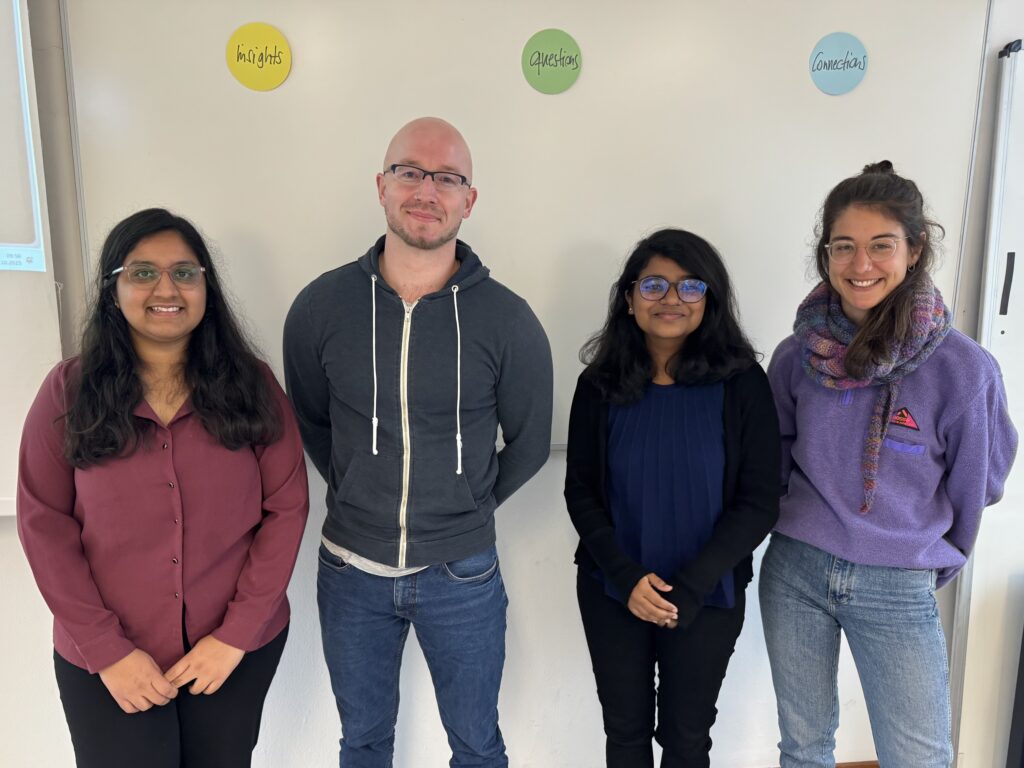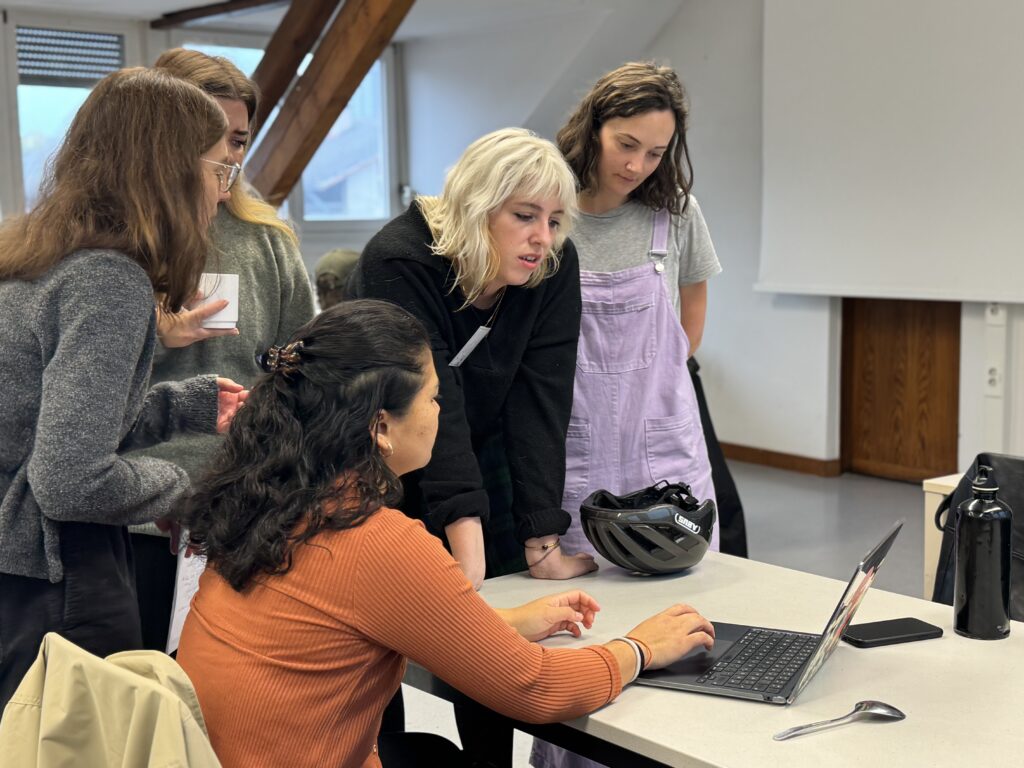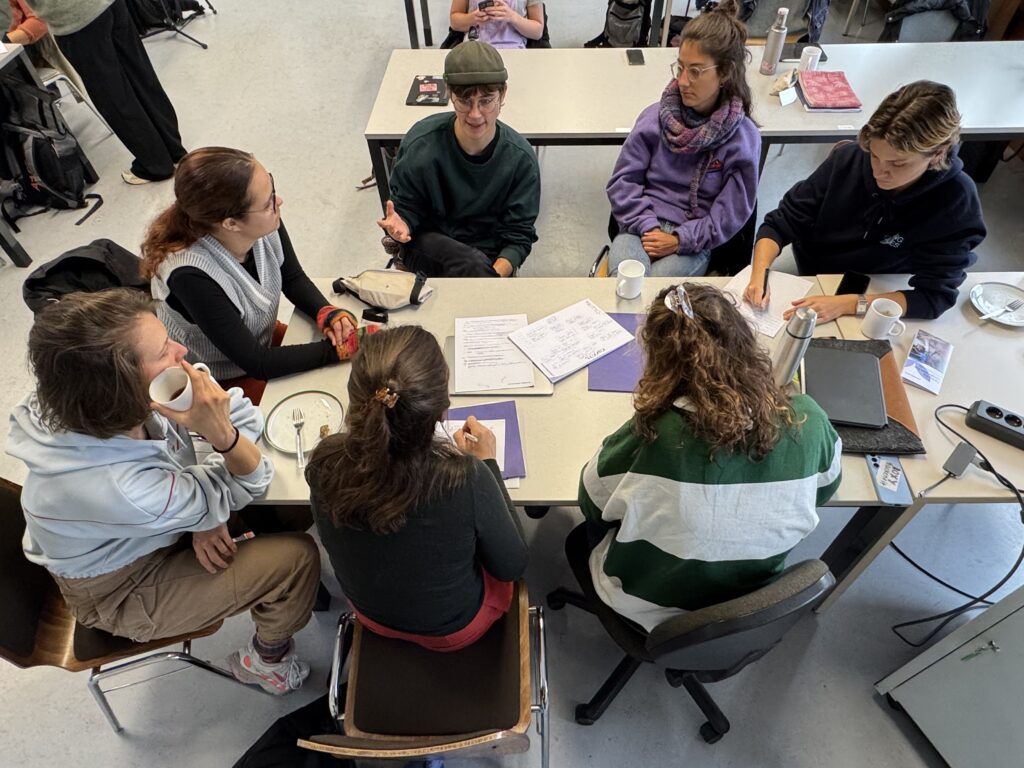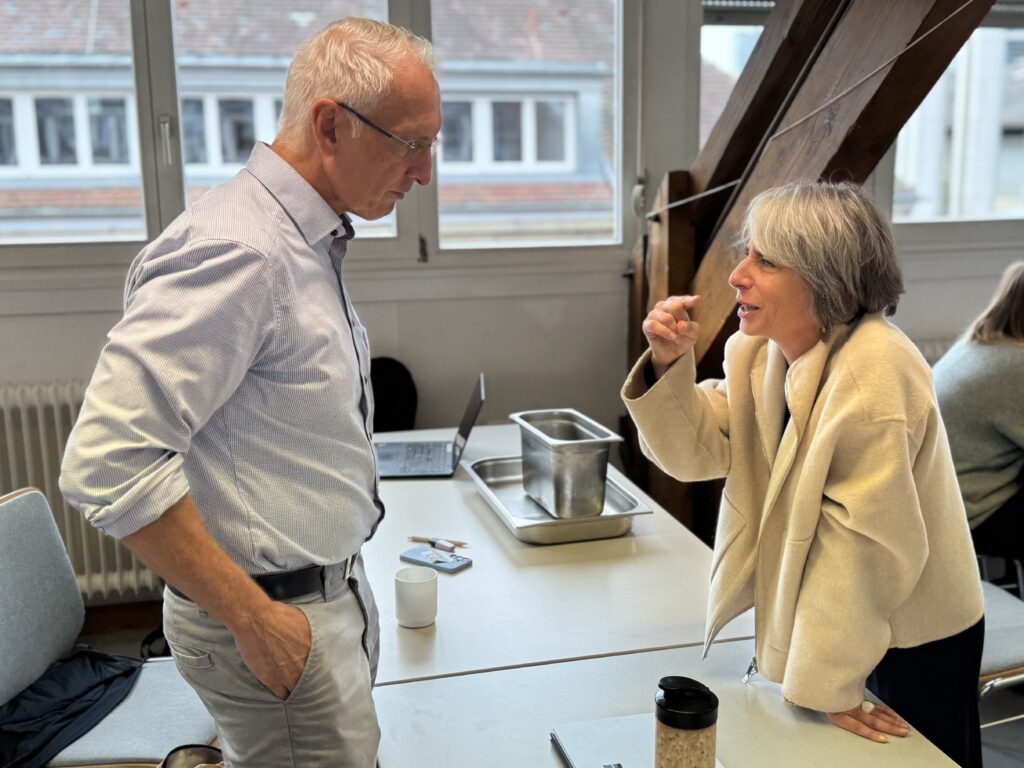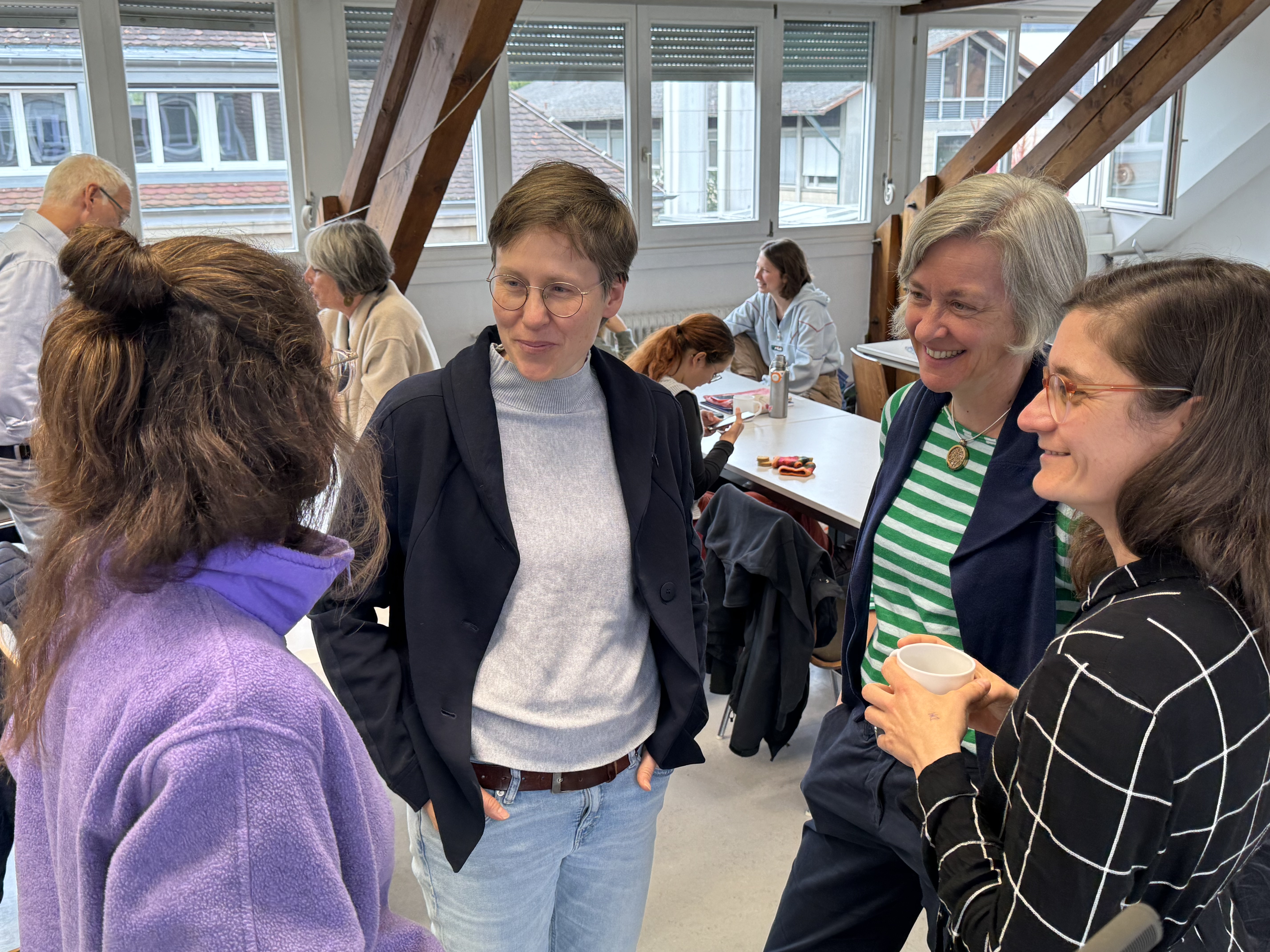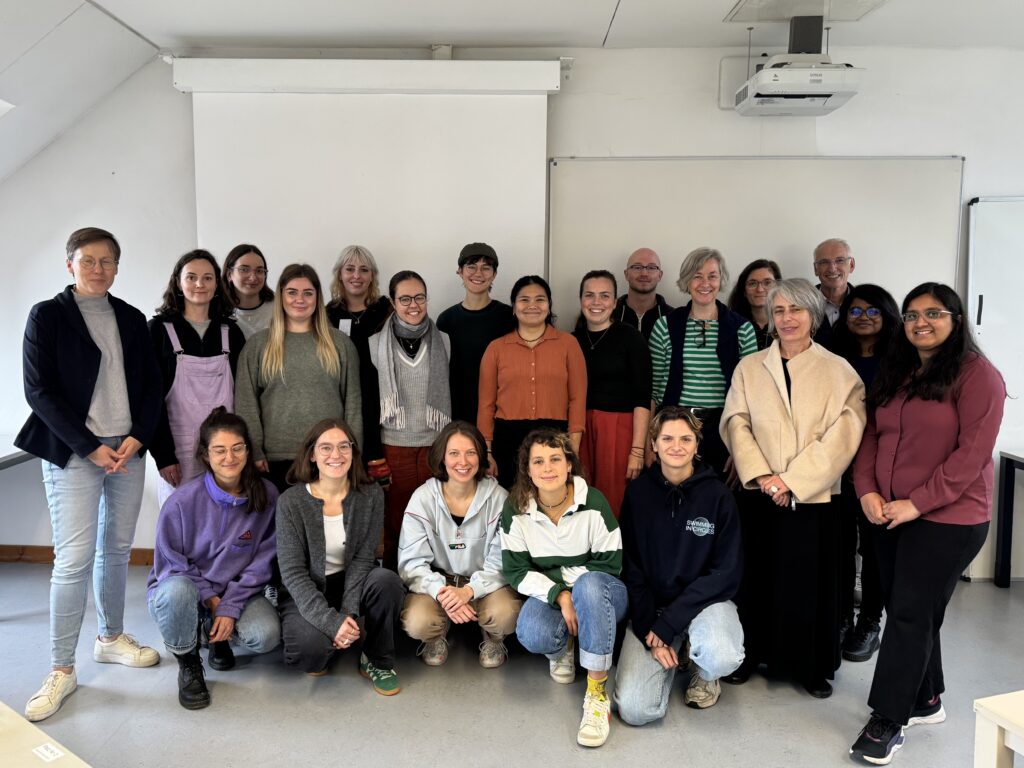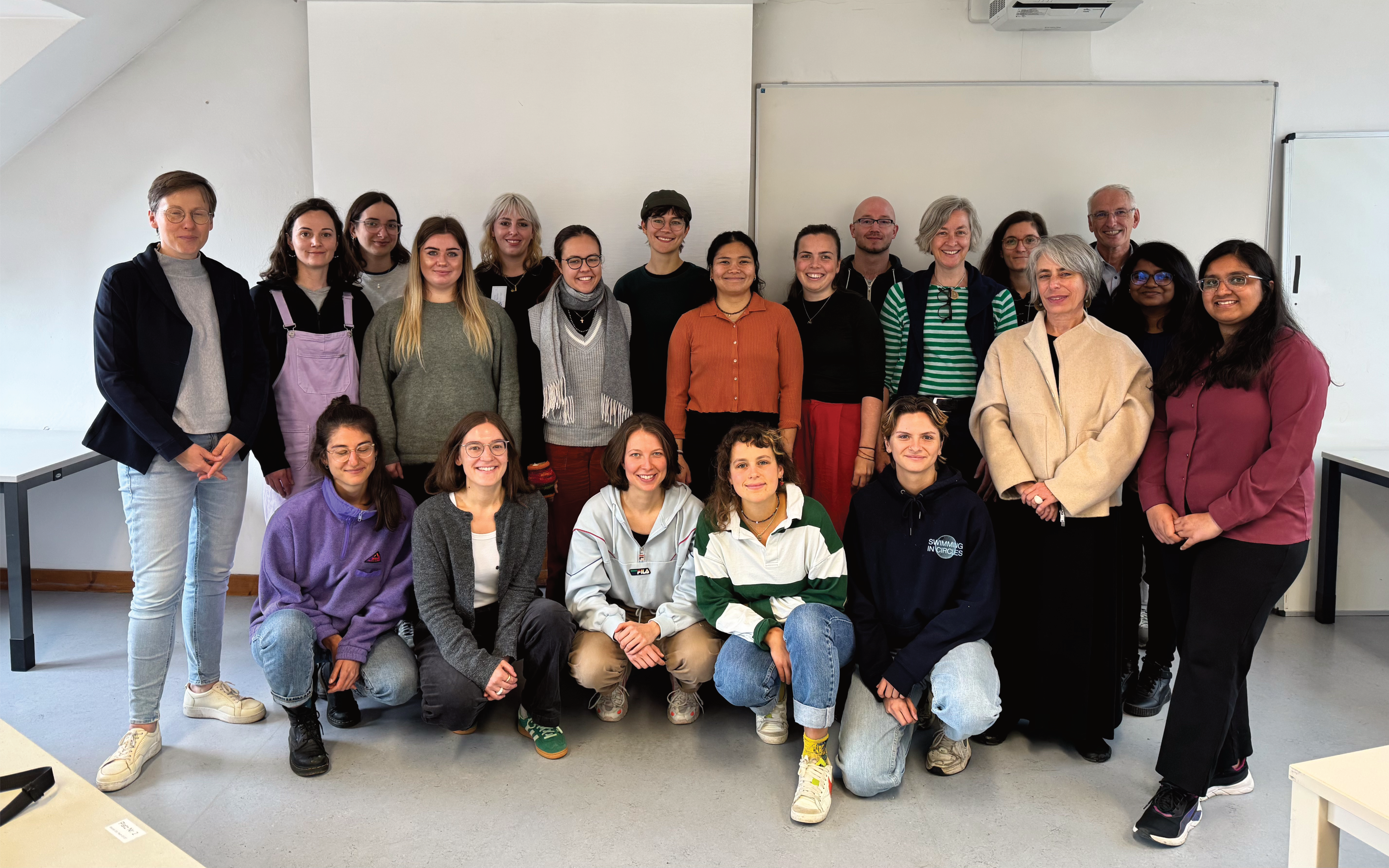
How does gender influence outcomes in clinical trials? And should it be considered when designing study protocols? These and related questions were at the center of discussions during the Autumn School “Facing the Gender Data Gap” (October 6–10), a joint event organized by the Centre of Anthropology and Gender Studies, the Department of Anesthesiology and Critical Care Medicine at the University of Freiburg, the Gender Equality Office at the Faculty of Medicine and the CRC 1597 Small Data.
The program opened with an interdisciplinary session featuring thought-provoking keynotes:
These talks set the stage for the week’s activities.
The first Hackathon Session followed under the theme “How do statisticians proceed when creating a statistical analysis plan?”, led by our associated researcher Susanne Weber. During these sessions, young scientists from microbiology, medicine, informatics, and statistics collaborated to tackle diverse working packages, including literature research, defining research questions, simulating data, and discussing appropriate analysis methods.
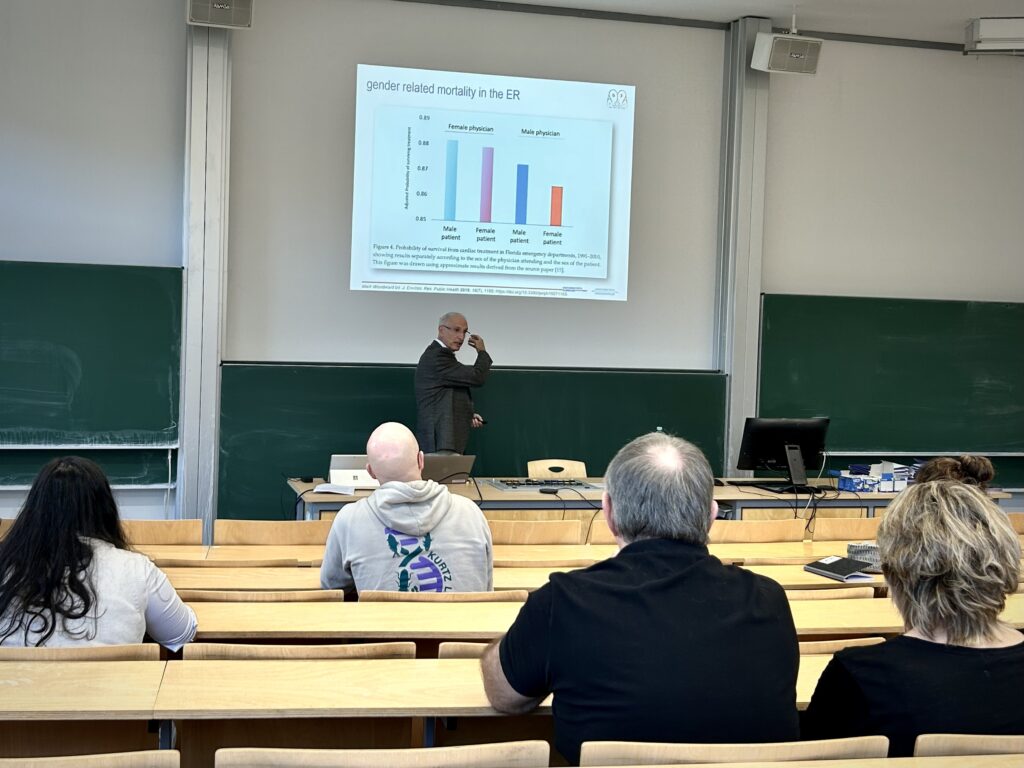
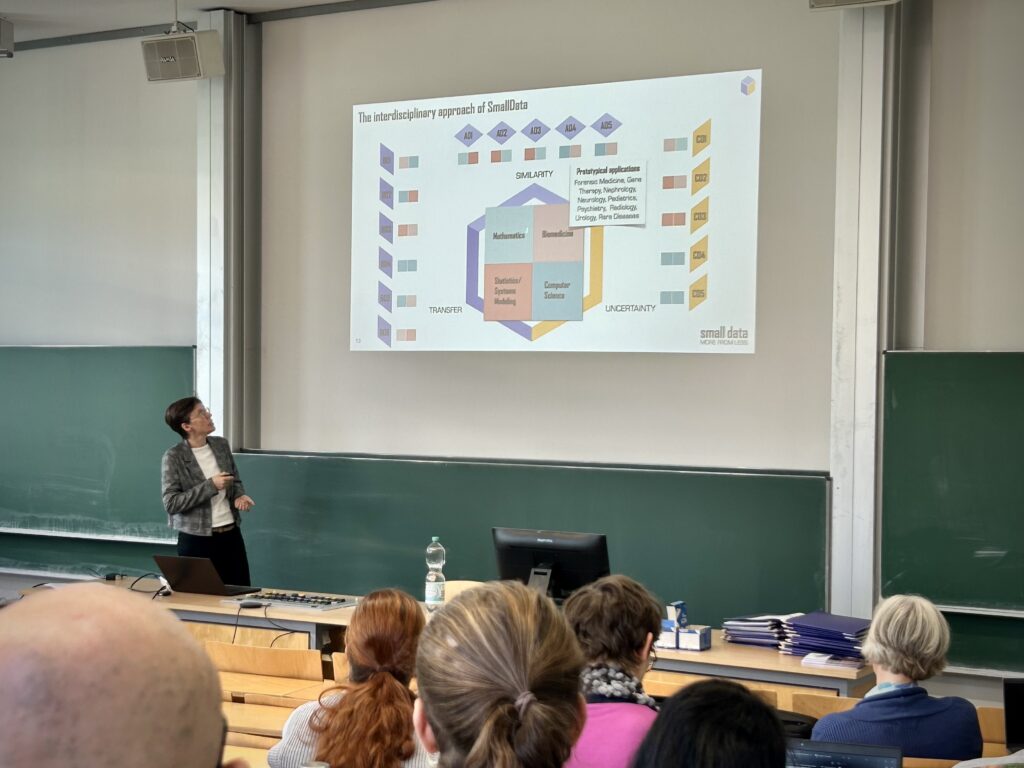
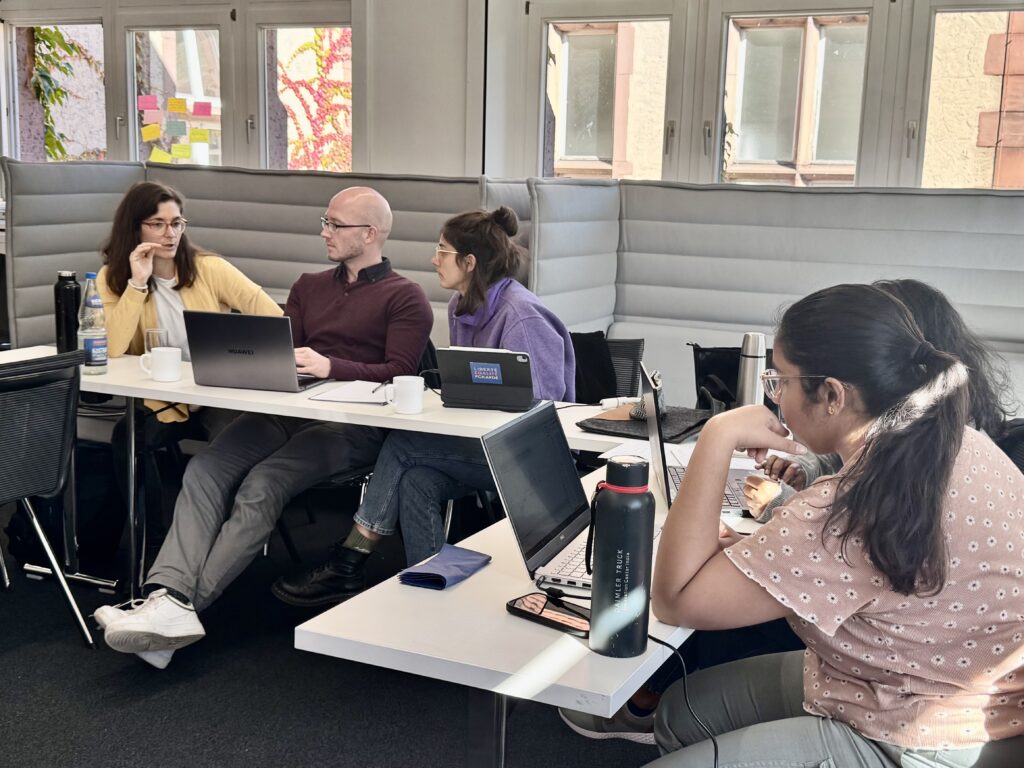
On Day 2, participants reconvened for the second Hackathon session, delving deeper into the challenges introduced on the first day.
Day 3 began with a plenary session presenting an interim report on the Hackathon’s progress, followed by an inspiring keynote from Marie von Lilienfeld-Toal (Director of the Institute for Diversity Medicine, Ruhr-University Bochum), “Gender data gap in oncology – examples and ideas”. With this input and the collected feedback, participants advanced the analysis strategy for a potential future study during the third Hackathon session later that day.
On Day 4, the final keynote was delivered by Victoria Vonau (Research assistant of the Endometriosis-Association Germany, Leipzig), “Invisible and painful – endometriosis as an example of the gender data gap”. The last Hackathon session then gave participants the opportunity to consolidate their insights and prepare their closing presentations.
The event concluded on Day 5 with the presentation of Hackathon results, where participants showcased the achievements and potential impact of their collaborative work.
We warmly thank the Centre of Anthropology and Gender Studies, the Department of Anesthesiology and Critical Care Medicine of the University of Freiburg and the Gender Equality Office at the Faculty of Medicine for this joint initiative. Our special thanks go to the Autumn School’s sponsor, the “Bundesministerium für Forschung, Technologie und Raumfahrt” (BMFTR), for making this event possible, and to all participants for their commitment and enthusiastic contributions. We hope the insights gained will leave a lasting impact on their future research.
